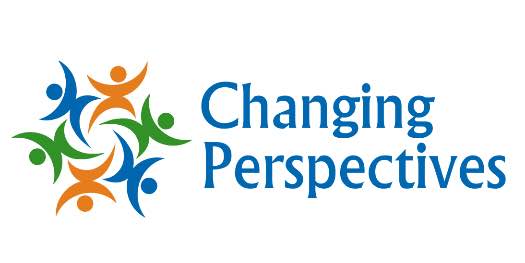
Recent remarks by Health and Human Services Secretary Robert F. Kennedy Jr., describing autism as a “tragedy” or “burden,” reflect a harmful narrative that fuels fear, spreads misinformation, and deepens stigma. Framing autism as inherently negative not only misrepresents the lived experiences but also justifies exclusion and silences their voices.
These fear-based narratives impact public health by reviving long-debunked myths, such as the false link between vaccines and autism, and by diverting funding away from critical supports like inclusive education and employment programs. Most damaging of all, this rhetoric perpetuates ableist mindsets and ultimately ableist actions by dehumanizing individuals who live with autism by portraying them as problems to fix instead of people who deserve dignity and inclusion.
It’s past time to reframe autism through the lens of the social model of disability, which recognizes that societal barriers — not autism itself — create disadvantage. The push to “prevent” or “cure” autism veers into ethically fraught territory, rooted in ableism rather than evidence or compassion.
Instead of eliminating neurodivergence, let’s focus on eliminating inaccessible systems and discriminatory attitudes. Organizations like the Autistic Self Advocacy Network remind us: “Nothing About Us Without Us.” We must center people who live with autism in conversations about autism, their lives, and their futures. As discussed in our previous article, The Importance of Naming, language shapes reality. By choosing respectful and inclusive words, we affirm the worth of every individual and move closer to a society where all neurotypes are valued and embraced.
Changing Perspectives values the lived experience of all people and sees neurodiversity as an asset to our schools and societies. During these critical times, when people of power are perpetuating ableistic thinking and the medical model of disability, it is more important than ever that we focus on opportunities to educate and build systems that are rooted in asset-based mindsets, anti-ableist actions, and the social model of disability.
